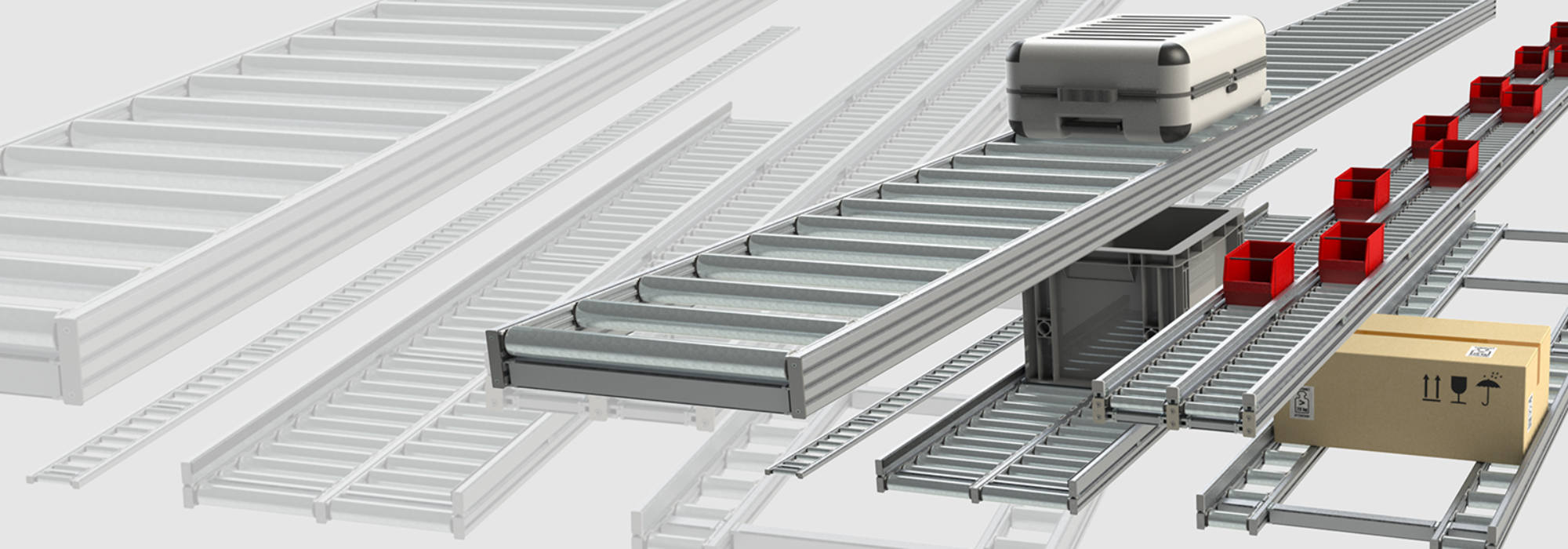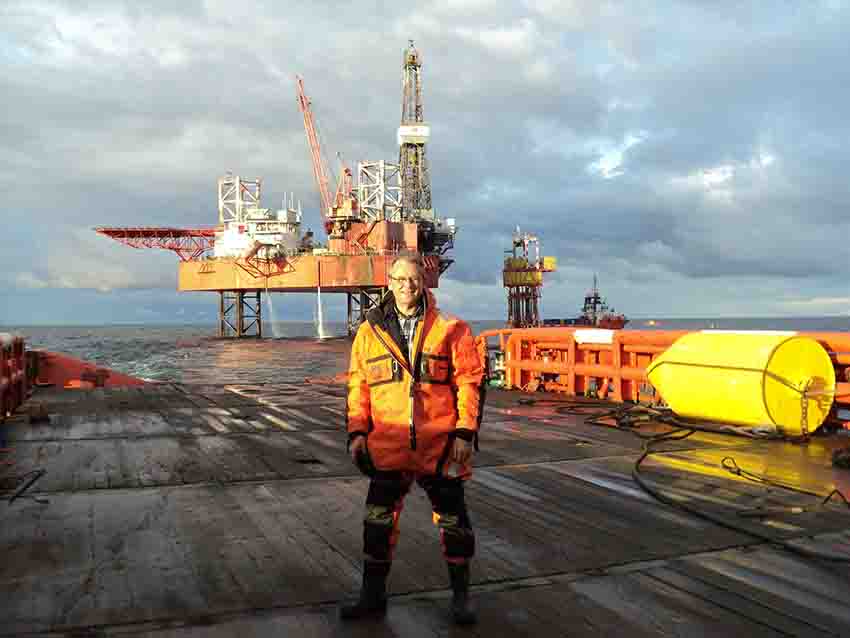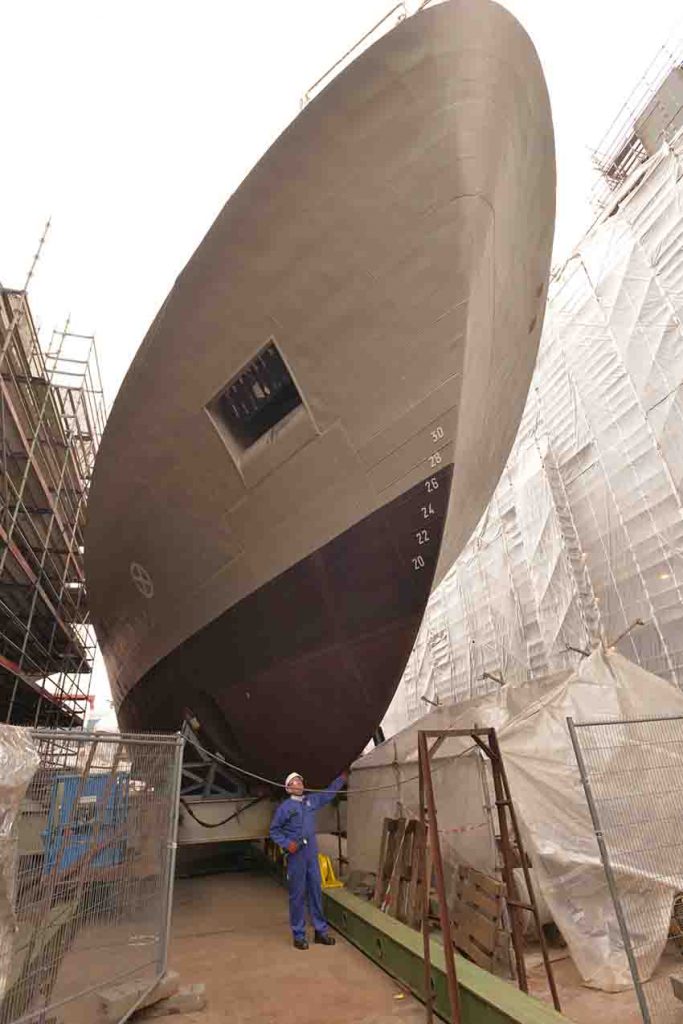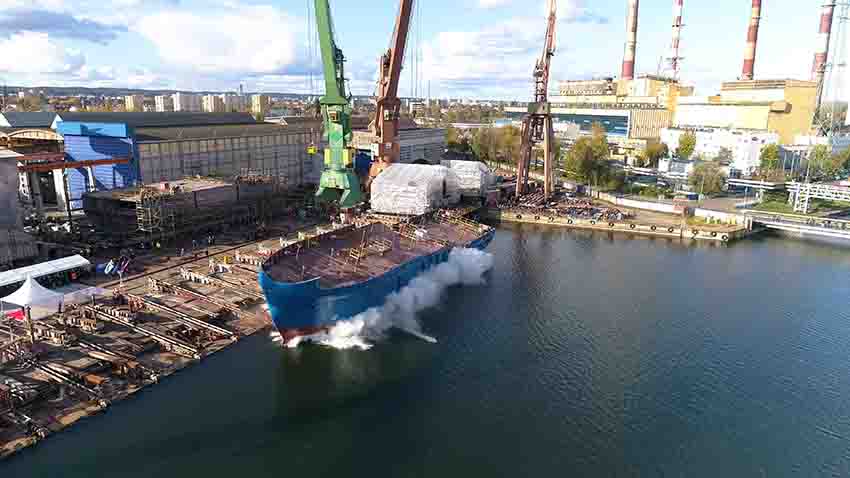Polish Register of Shipping is a company with a wide range of services offered globally. They are the Polish classification society and a member of IACS (International Association of Classification Societies). Upon notification by the European Commission, the company conducts an assessment of products and personnel (as a notified body) and certification of management systems (as a certification body).
PRS is also recognized by the European Commission for inspection and survey of sea-going ships and inland waterway vessels. Being accredited according to international ship survey standards as a Recognised Organisation, PRS is authorized by 42 maritime administrations to act on their behalf.
Interview with Krzysztof Juchniewicz, Board Member of Polish Register of Shipping.
Easy Engineering: What are the main areas of activity of the company?
Krzysztof Juchniewicz: The name “Polish Register of Shipping” may suggest that the activity of a company is related only to shipbuilding and shipping – this is not true. We successfully operate in many areas unrelated to ships and shipping, providing services for almost any industry. However, supervision over the construction and operation of ships and other floating objects is still a core, traditional field of PRS activity.
 MONTECH’S NEW ROLLER CONVEYOR SYSTEMS – MAXIMUM FLEXIBILITY FOR MODERN CONVEYING PROCESSES
MONTECH’S NEW ROLLER CONVEYOR SYSTEMS – MAXIMUM FLEXIBILITY FOR MODERN CONVEYING PROCESSES
E.E: What are the ranges of products?
K.J: As mentioned above PRS has a very diversified service portfolio. It can be divided into a few main categories.
Ship surveys, i.e., classification and statutory supervision over sea vessels (including warships and special units), inland waterway vessels, yachts, motor boats, floating docks, mobile offshore drilling units, and diving systems;
Industrial supervision – independent appraisal of design, construction, operation, and repairs of various technical structure objects (offshore, industrial and infrastructure construction, roads, bridges, pipelines, environment protection objects on land, etc.);

Certification of management systems for compliance with ISO standards (ISO 9001, 14001, 45001, and many more);
Certification of products for compliance with EU directives and regulations (e.g., 2014/90/EU – MED, 2013/53/EU – RCD, 2014/68/EU – PED, 2006/95/EC – LVD, 2016/425 -PPER, and others);
Certification of welding personnel performing permanent welding joints;
Technical consultancy design verification concerning ships stability & strength analyses (e.g., for compliance with CSR for bulk carriers and tankers, MES calculations, simulations of the behavior of floating objects, CAP quality, and technical condition assessment, valuation of vessels, financial supervision over the construction of watercraft, contract engineer service, and others);
Training on technique and technology, ISO standards and EU legal regulations, requirements of international maritime conventions, recognition of products, laboratories, plants, etc. We also provide courses to gain ISO auditor competency.
E.E: What’s the news about new products?
K.J: We are adapting our activity to the customers’ needs and expectations and as well as market conditions, so we constantly adjust, upgrade and update our services. We consider targets that are part of the international climate policy as particularly important. The global energy revolution, which aims to reverse negative climate changes, is a challenge for our company and an opportunity for further development as the same time.
PRS also sees its participation in the modernization of existing ships in connection with the implementation of the requirements for reducing greenhouse gas emissions from maritime transport. We engage in research work on alternative fuels for transportation and autonomous vessels and cybersecurity solutions.
The new offer includes provisions that contain requirements for the classification and construction of underwater technology equipment and systems installed on ships and other facilities.
PRS specialists participate in research and implementation projects that will allow them to obtain the necessary competencies and further develop requirements for the operation of technical devices using innovative solutions in water transport.
Our company is extending the availability of its services in geographical regions where we were not present so far. For example, this year PRS has established a surveyor in Venezuela to serve customers from the South America region.
E.E: At what stage is the market where you are currently active?
K.J: PRS operates in an increasingly difficult market. The international situation (war in Ukraine) and further Covid restrictions cool the markets.

For example, the Baltic Exchange’s dry bulk sea freight index dropped to its lowest level in more than two years, pressured by slowing demand for capesize and panamax vessel segments. The overall index, which factors in rates for capesize, panamax, and supramax shipping vessels carrying dry bulk commodities, fell 28 points, or 4.2%, to 640, its lowest since June 4, 2020. We are seeing a revival in the oil tanker area, which, after the Covid period and resulting from the disruption of supplies via the pipeline, returns to active sea-going service.
E.E: What can you tell us about market trends?
K.J: The current situation is extremely complex. The opening of the Chinese economy after lifting restrictions gives hope for the revival of maritime transport. However, the possible return of the pandemic and the threat to Taiwan as well as the situation in Ukraine, reflect on the shipping market. In addition, decarbonization and environmental requirements drive prices up. It has a direct impact on the market situation.
E.E: What are the most innovative products marketed?
K.J: Among our duties is a formulation of requirements ensuring the safety of people, ships and floating objects, land undertakings, carried cargo, and the natural environment. These regulations need to reflect the current market situation and demand and are included in the applicable legal system concerning the supervision of the safety of floating objects and objects located at sea. PRS requirements allow for the implementation of research and development works, e.g., in the area of using new fuels (hydrogen, methanol, ammonia, DME) in shipping and water transport, which are an alternative to traditional petroleum fuels.
Last Fall we published guidelines for the safety of ships using fuel cell power installations and these using methyl/ethyl alcohol as a fuel. Another publication was Guidelines for the safe carriage of alternative fuelled vehicles (AFVs) on ro-ro ships and onboard charging of electric vehicles. We count these regulations will assist shipowners and shipbuilders in more efficient and environment-friendly operations.
A different effect of the work related to the development of regulations is calculation tools that enable the verification of designs in terms of structural strength and stability of ships and other waterborne assets or objects located on the seabed. Specialist software is most often adapted to the specific needs of the client – an example may be cargo calculators for ships of a particular shipowner. Calculation tools developed at PRS are regularly verified for compliance with the mandatory IMO (International Maritime Organization) requirements or additional requirements of maritime administrations.

As shipping needs complex and timely performed certification and audit services to assure compliance with the mandatory emission standards imposed on ships in international trade by IMO, a set of sophisticated verification software has been prepared by PRS for independent assessment of environmental efficiency parameters EEXI, CII, and related SEMP III plan. It is related to IMO mandatory measures under MARPOL Annex VI, which entered into force in 2023. From the 1st of January 2023, ships of 5,000 GT (Gross Tonnage) and above must have a verified Ship Energy Efficiency Management Plan, or SEEMP Part III, on board. The SEEMP plan provides information on how the vessels plan to achieve their Carbon Intensity Indicator (CII) targets. The CII is a rating system for ships that IMO developed as a mandatory requirement and must be checked periodically by maritime authorities. In this case, PRS elaborated a new and innovative service that provides relevant certificates s of compliance using digital technology.
PRS systematically analyzes and updates its existing regulations, guidelines, and calculation programs to adapt them to the current legal framework and progress in the areas related to ship technology, so that innovative solutions can be applied to the facilities and ensure their safe operation.
E.E: What estimations do you have for 2023?
K.J: We hope this year will allow us to intensify our activities in various areas. We focus, among others, on offshore wind and green energy. The offshore wind farm construction program in Poland creates unique opportunities for the development of the domestic shipbuilding and shipping industries. We are counting on projects in which the Polish Register of Shipping, as a specialized entity in the industry, will participate.
What is more, we intensify the development of a wind farm supervision system in terms of investor supervision over the components of offshore wind farms along with infrastructure, periodic inspections for compliance with the construction law regulations, reports and certification of project documentation, products, and wind farms.
From a global perspective, we hope that the works on decarbonization, the energy efficiency of existing ships, and the adaptation of existing units to applicable requirements that we conduct together with other members of IACS will measurably contribute to stopping climate change.

